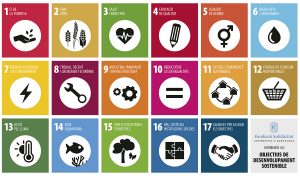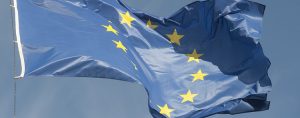This European project was presented at a seminar, in which we also explained the scholarships with open call for students in a refugee situation.
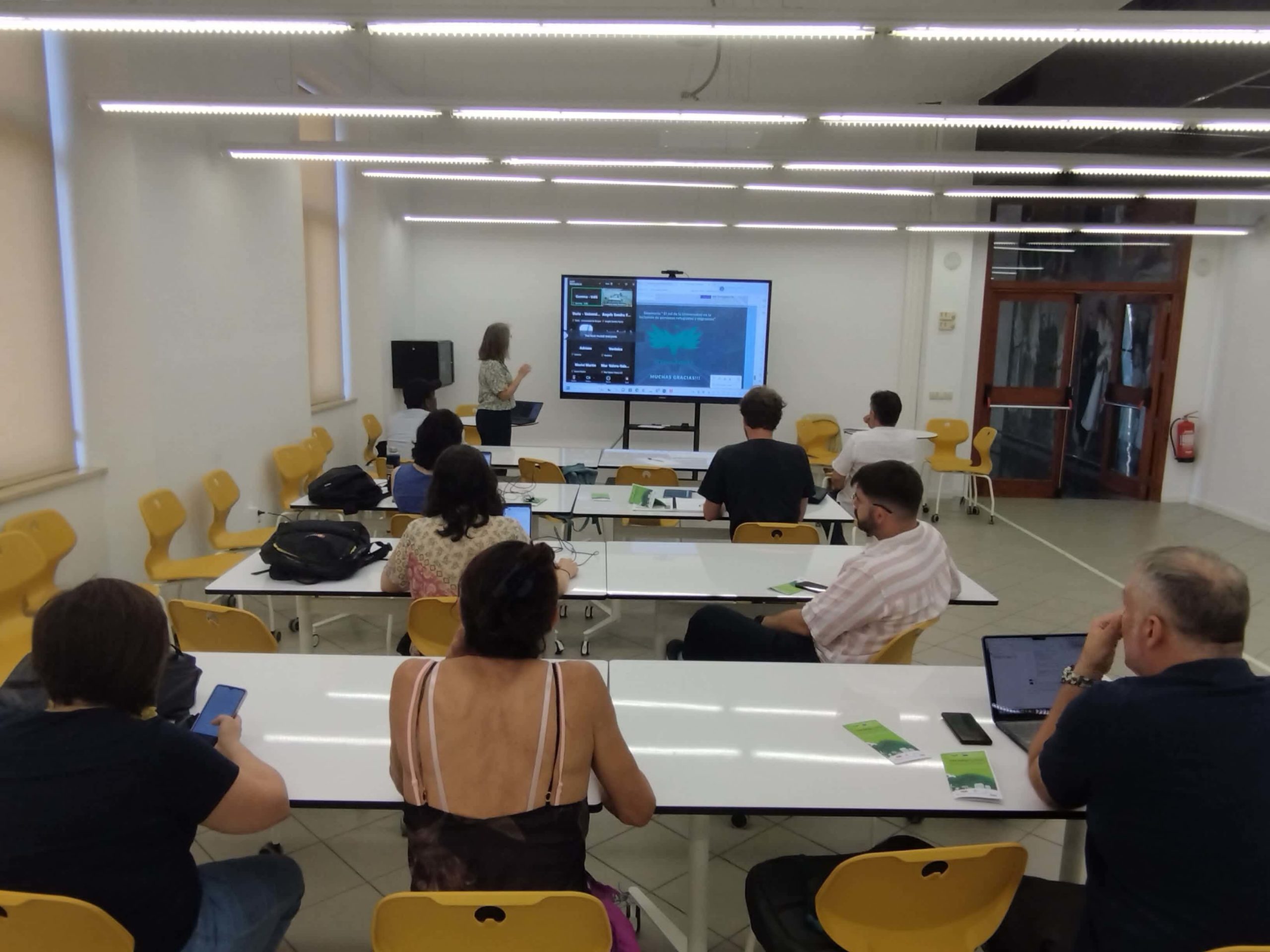
The UB Solidarity Foundation has organized the seminar ‘The role of the University in the inclusion of refugees and migrants’, on June 6 at the Mundet Campus and online, in which it has presented the European project STEAMigPOWER (STEAM approaches at higher education for mIGrants, refugees and asylum seekers’ emPOWERment), of which the foundation is a partner.
STEAMigPOWER articulates a strategy for access to formal education by migrants, refugees and asylum seekers through STEAM disciplines (Science, Technology, Engineering, Art and Mathematics), with the aim of training them to achieve their academic and professional aspirations, and also contribute to social and economic development.
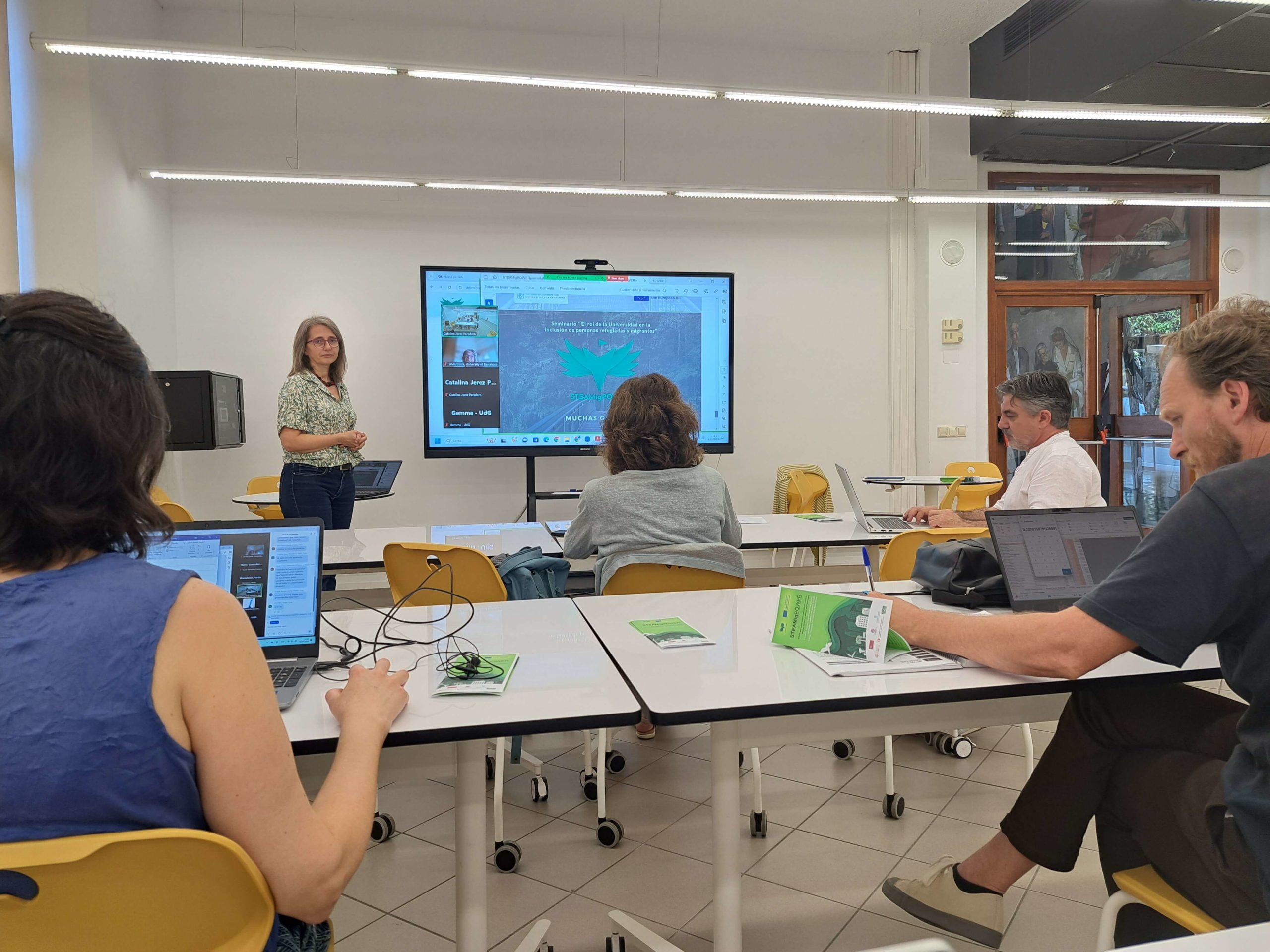
Structured in five modules of five hours each, the training will be launched in the autumn, both at the UB and at the other universities and partner entities of the project: Aristotle University of Thessaloniki (Greece), Orta Doğu Teknik Üniversitesi (Turkey), Università degli Studi di Perugia (Italy), Universidade do Minho (Portugal) and Seal Cyprus (Cyprus).
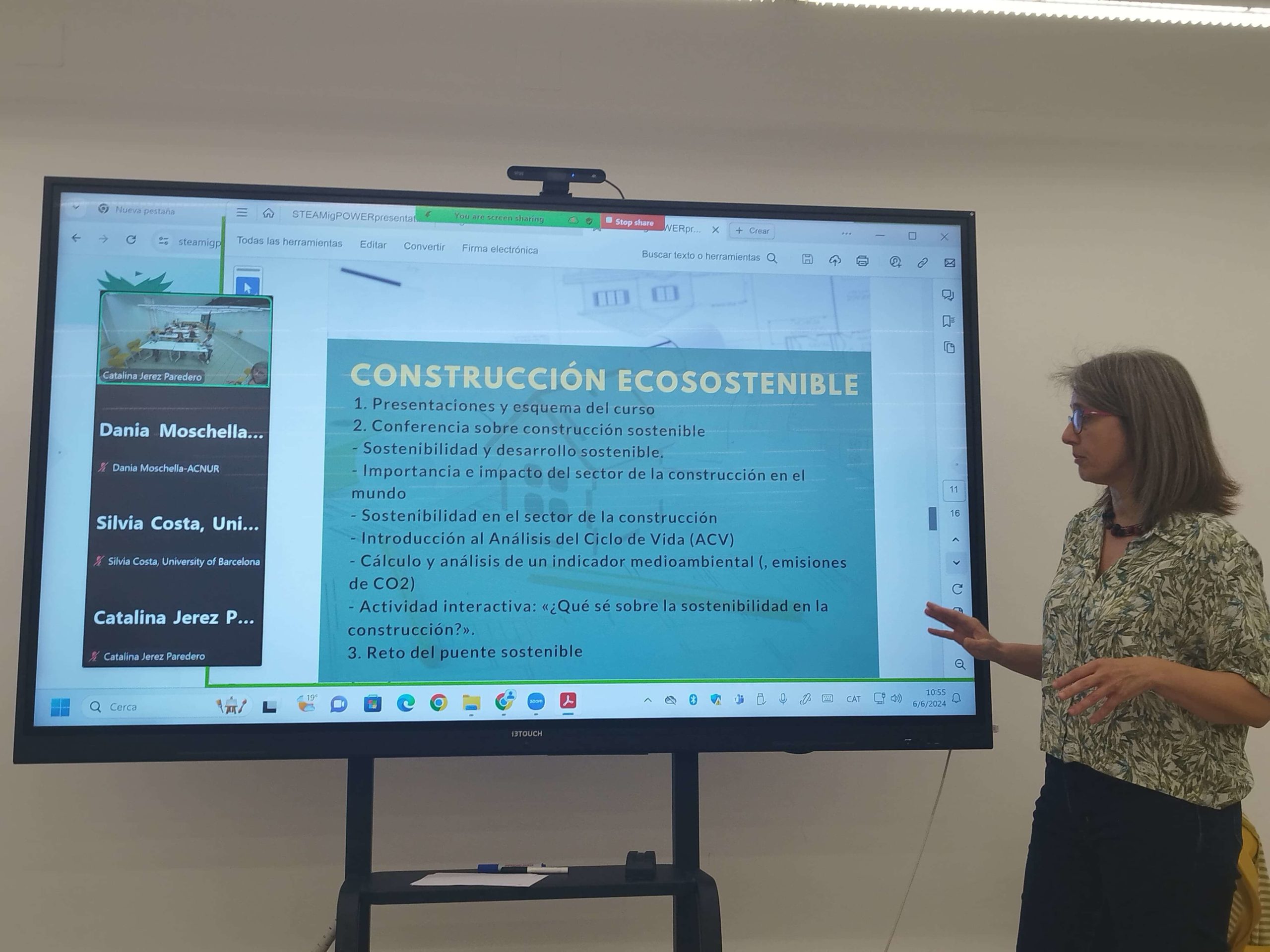
After a welcome from Josep Alsina, vicedean of Innovation, Equity and Relations with Society at the UB Faculty of Education, the seminar was opened by Dania Moschella, UNHCR Durable Solutions technician, who explained how, in 2023, asylum applications in Spain increased by 37% compared to 2022, making it the third European country with the most requests. Even so, Moschella has warned that the data makes invisible a significant number of people in a situation of refuge, who have not been able to start the application process due to the difficulties in accessing and resolving this procedure in Spain.
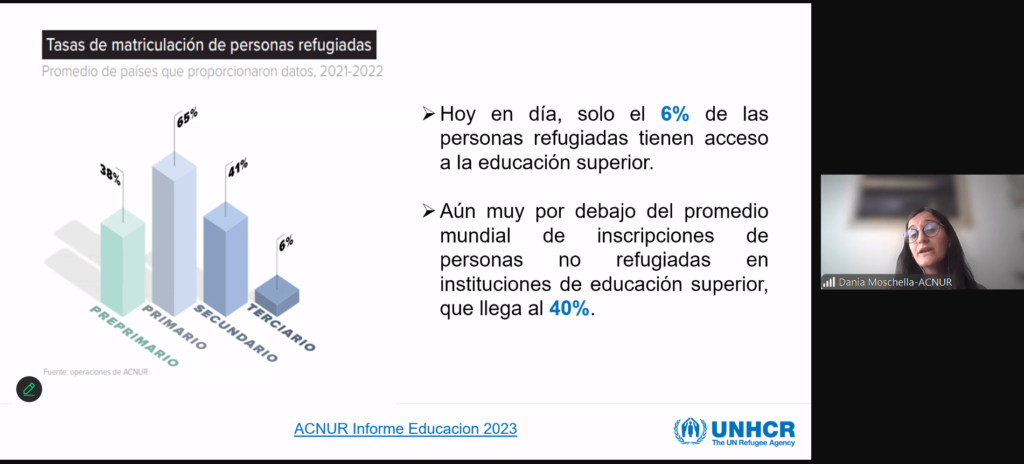
The UNHCR technician also emphasized that “more than 13% of refugees are at the age of attending college, but only 6% do so; well below the world average for non-refugee access to university, which is 40%”. Among the most common barriers, Moschella mentioned those of an economic, linguistic, physical and psychosocial nature, as well as the difficulty of accessing information and meeting documentary requirements. In this regard, the speaker referred to UNHCR’s #15by30 goal, which seeks to reach 15% of refugees in higher education by 2030.
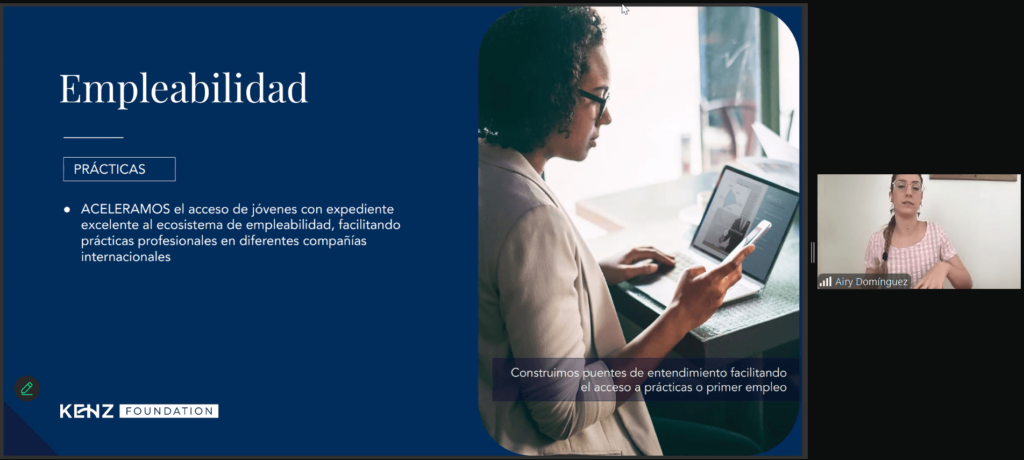
On the other hand, the seminar served to publicize the call for scholarships for the fifth edition of the Transition Course to university studies of the UB Refugee Support Program, aimed at refugee students or students in similar situations who reside outside the European Union and face economic and/or human rights violations (50% reserved for Palestinian students). In addition, we have presented the joint work between the UB Solidarity Foundation and the KENZ Foundation for the incorporation of these students into the labor market.
This news is related to the following SDG of 2030 Agenda:







